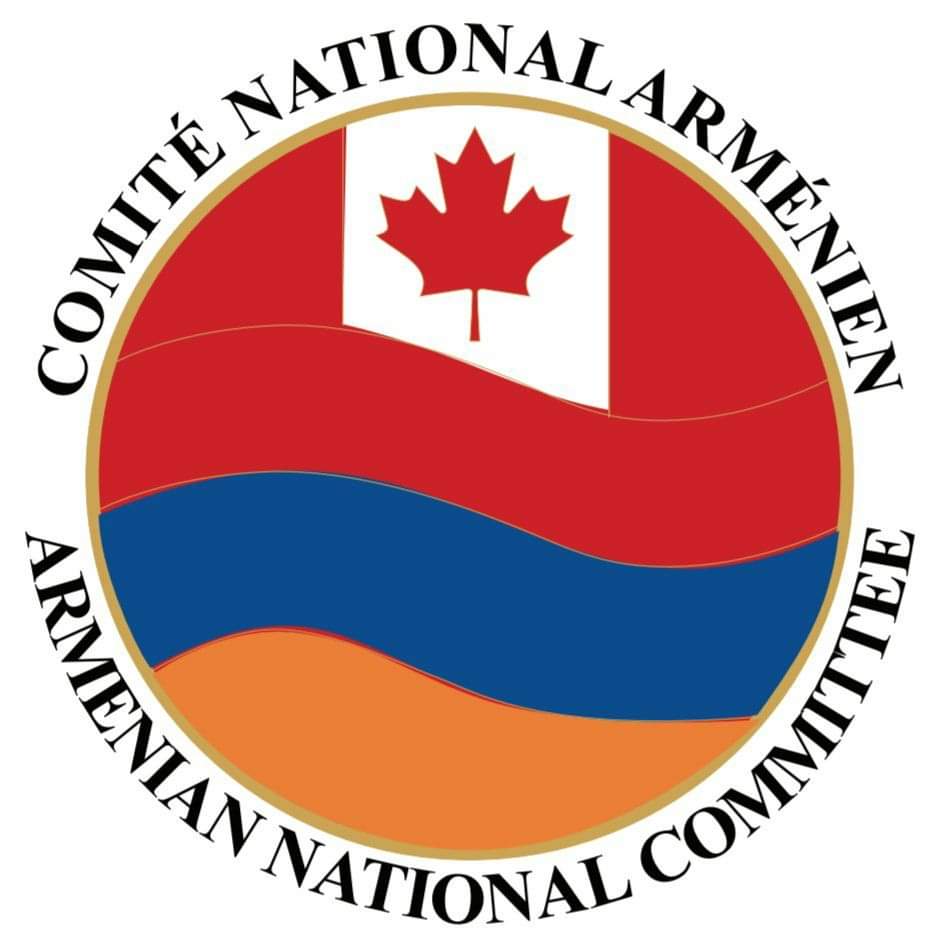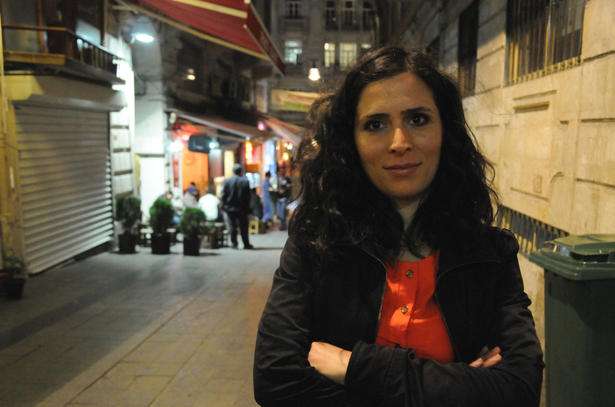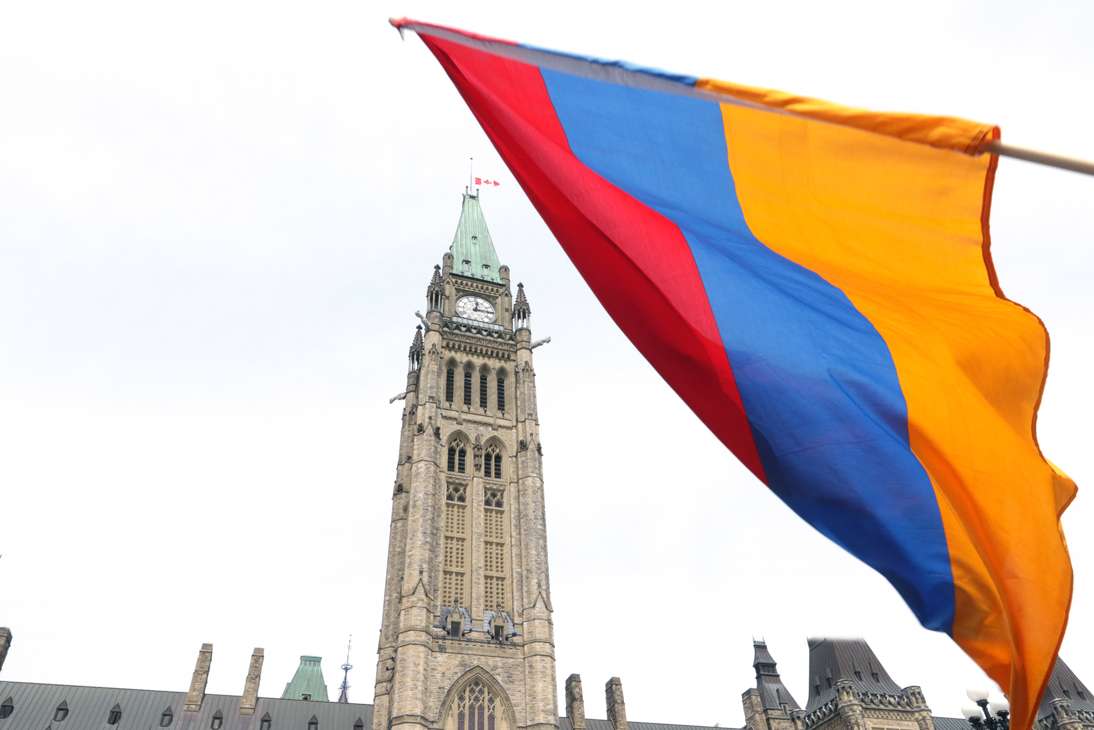Source: The Toronto Star
Michelle Shephard, National Security Reporter
ISTANBUL, TURKEY—Newruz Kirkaya says the last time she spoke with her husband he was the one reassuring her, despite the 11 months he has spent in jail without trial and 12 days without food to protest his detention.
“He told me, ‘I’m losing weight but it’s OK.’ I think he was trying to prepare me psychologically for this,” she said one night this week, as she wrapped her hands around a cup of tea.
“This is an attack on our personal lives and it’s all about our ethnic identity.”
Kenan Kirkaya is a Kurdish reporter and one of dozens of writers and journalists being tried for terrorism. He is accused of membership in the Union of Kurdistan Communities (KCK), an umbrella group allegedly linked to the outlawed Kurdistan Workers’ Party (PKK).
His wife, 33, claims the prosecution’s evidence consists mainly of articles he has covered on Kurdish issues.
“He is only a journalist. The only problem is that he’s a Kurdish journalist. That’s the only thing,” she said.
Kurds make up about one-fifth of Turkey’s population and the PKK has waged a war to separate for more than three decades, claiming more than 40,000 lives.
Turkey is often hailed for its democratic progress, but the prosecution of thousands of Kurdish journalists, politicians and activists since 2009 has led to accusations of human rights violations under the government of Prime Minister Tayyip Erdogan.
Pressure to free the jailed journalists increased this week with a visit of a PEN Internationaldelegation, including the group’s Canadian president, John Ralston Saul.
In a meeting with President Abdullah Gül, the group urged Turkey to take “quick and concrete” action, warning that the plight of jailed writers overshadows the country’s political and economic progress.
According to PEN, the president agreed about the “international repercussions.”
“These developments deeply sadden me, and as President, I more than anyone else want to see that they are resolved and no longer on the country’s agenda,” Gül reportedly said.
At a press conference here Thursday, Saul denounced the country’s anti-terror laws and urged reforms that would “clearly distinguish between incitement to violence and the expression of non-violent, if controversial, ideas.”
“There is absolutely no need for broad, badly-defined anti-terror laws that can be used by any sort of authority . . . to limit freedom of expression in ways which have nothing to do with the possibility of terrorism,” said Saul, who was joined by 20 other members of the delegation including Toronto Star columnist Haroon Siddiqui.
PEN is also calling for an end to lengthy pre-trial detentions and proceedings that often drag on for years.
The Committee to Protect Journalists has accused Turkish authorities of conflating “support for the Kurdish cause with terrorism itself. When it comes to Kurdish journalists, newsgathering activities such as fielding tips, covering protests, and conducting interviews are evidence of a crime.”
Newruz Kirkaya hoped the PEN visit would bring international attention to her husband’s case and hunger-striking prisoners.
There are close to 700 prisoners refusing food. This weekend six of Turkey’s leading Kurdish politicians joined the protest on its 60th day.
Among the demands is the right of PKK leader Abdullah Ocalan to have access to his lawyer. He has been held incommunicado on an island south of Istanbul for 15 months.
http://www.thestar.com/news/world/article/1288302–canadians-in-istanbul-denouncing-anti-terrorist-laws-urging-press-freedom



